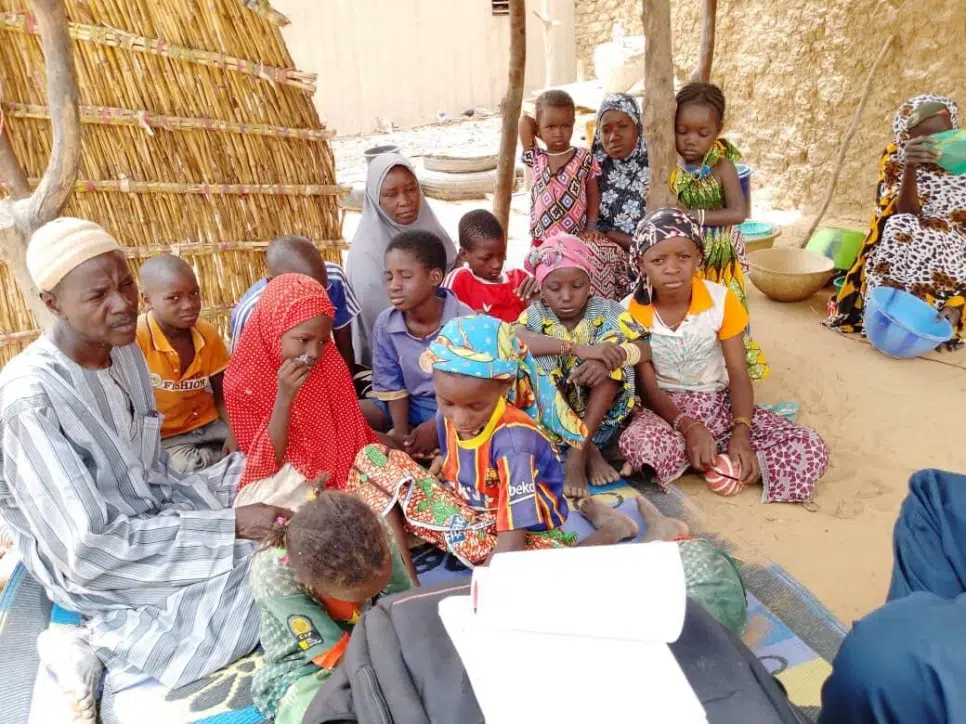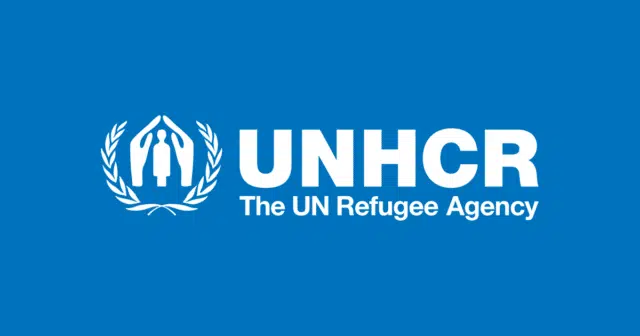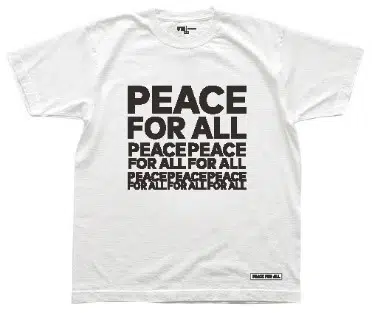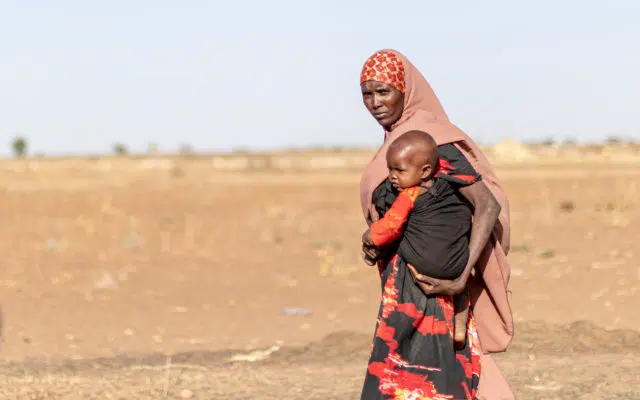
Hundreds of Burkinabe fleeing the massacre in Seytenga have found safety across the border in Niger. © CIAUD/Abdoulaye Seydou Amadou
This is a summary of what was said by UNHCR spokesperson Matthew Saltmarsh – to whom quoted text may be attributed – at today’s press briefing at the Palais des Nations in Geneva
UNHCR, the UN Refugee Agency, is alarmed at the recent escalation of violence against civilians by armed groups in Burkina Faso that has forced thousands to flee, placing humanitarian resources under strain as insecurity continues to plague the Central Sahel.
Since 12 June, almost 16,000 Burkinabe, mostly women and children, have arrived in Dori, northeastern Burkina Faso, after fleeing a brutal attack by armed men in Seytenga, a town 15 kilometres from the border with Niger. More are expected to arrive in the coming days, while some 360 people are reported to have crossed into the Tillabéri region of Niger, adding to the 15,500 Burkinabe nationals already there who have been forced to flee. Authorities and the local population in the city of Tera have welcomed and hosted the new arrivals even though most of the Nigerien families are themselves without resources.
Burkina Faso’s displacement crisis is one of the world’s fastest-growing, with the number of internally displaced people (IDPs) reaching 1.9 million at the end of April, according to government figures. Other countries in the Sahel – Chad, Mali and Niger – also face a combination of violence, poverty and the effects of climate change. More than 2.5 million people have fled their homes in the Sahel region over the past decade.
The latest attack came on the night of 11-12 June. At least 79 people were killed by gunmen during the assault with some media reports putting the death toll even higher. It was the deadliest single incident in Burkina Faso since more than 130 people were killed in a massacre in nearby Solhan in June 2021.
The new arrivals in Dori gave accounts of armed men going door-to-door to seek out and kill adult males, meaning that many witnessed the deaths of their husbands or fathers. Almost two-thirds of those who fled Seytenga are under 18.
Many have been sheltered by the host community and by displaced families already residing in Dori, while others have found space in refugee reception and transit centres. But hundreds are sleeping rough by the roadside.
In collaboration with the Government, UNHCR and partners are working to strengthen the emergency response. The most urgent needs include shelter and essential items, as well as water, sanitation and hygiene (WASH) services, and psychosocial support. However, non-state armed groups have attacked water supplies and infrastructure in the country, including a recent attack on the main water supply to Dori, and WASH needs could rise rapidly.
The regional authorities, with the support of humanitarian organizations, have begun to relocate families sleeping rough to three existing sites in Dori for refugees and IDPs, while additional plots have been identified to host potential future arrivals. UNHCR and partners are preparing to bolster supplies of emergency shelters and core relief items, including sleeping mats, soap and cooking utensils, for more than 1,000 families.
UNHCR is also working to identify new arrivals with protection needs, such as children and survivors of sexual and gender-based violence, and get them access to appropriate care.
Despite the acute and growing needs, UNHCR’s country budget requirements of US$109.9 million for 2022 are only 20 percent funded. UNHCR calls on the international community for greater solidarity and support for Burkina Faso, including funding for humanitarian operations to save lives.
With successive waves of displacement, the town of Dori has grown threefold and is now home to almost 76,000 displaced Burkinabe, as well as some 20,000 refugees from Mali. UNHCR has worked with the government on the inclusion of refugees in national services such as education and health care. However, competition for resources such as water and land for pasture and agriculture, plus rising inflation, pressure on basic services and shortages of essential supplies like fuel, are all testing peaceful coexistence between different communities.
For more information on this topic, please contact:
- In Ouagadougou, Melike Trigg trigg@unhcr.org, +226 65 00 01 52
- In Geneva, Matthew Saltmarsh, saltmars@unhcr.org +41 79 967 99 36
Subscribe to UNHCR’s mailing list
Originally published by UNHCR on 17 June 2022





